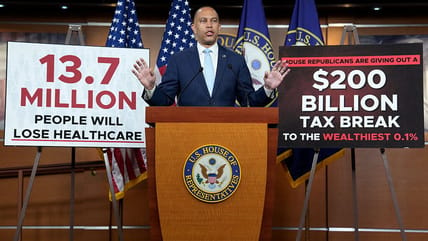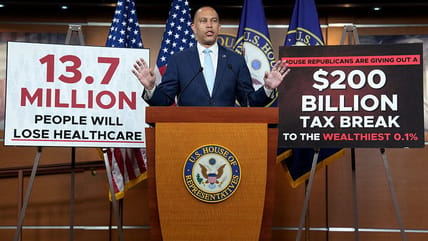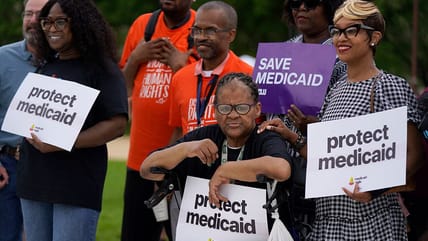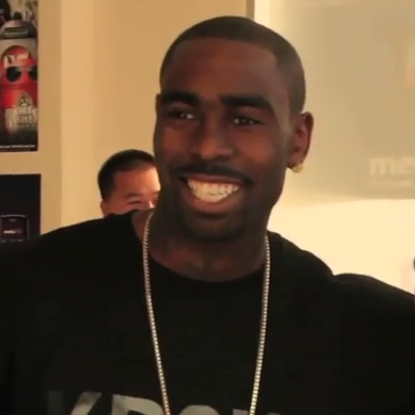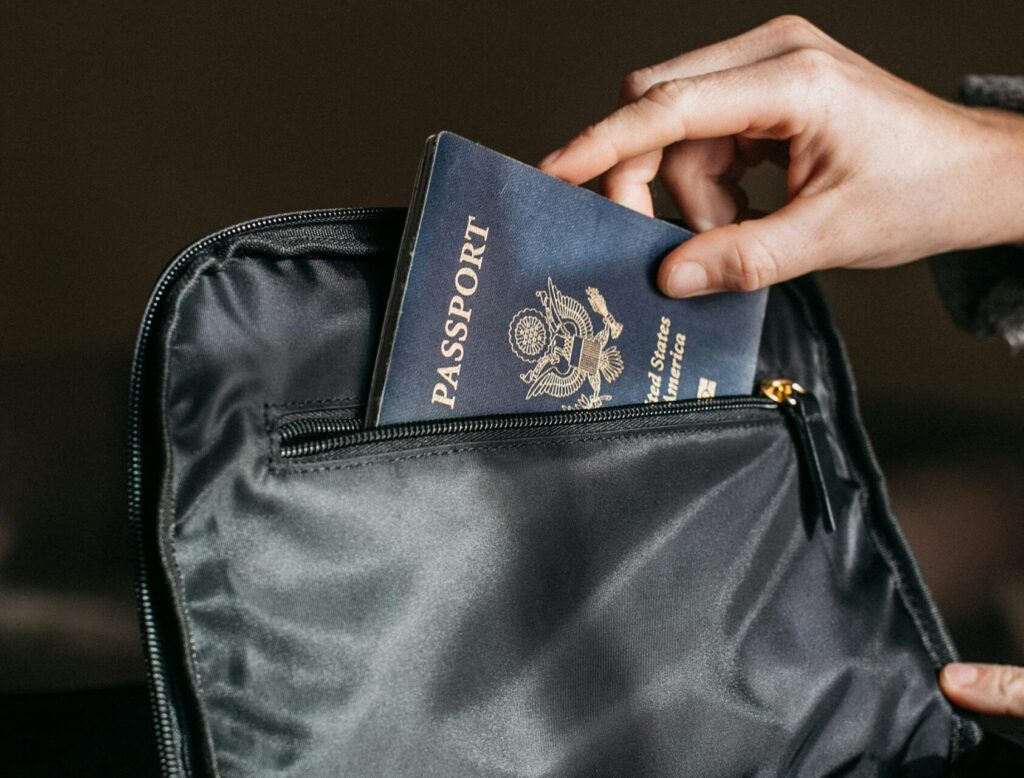Longtime activist Dr. Rev. William Barber, co-chair of the Poor People’s Campaign, was arrested for a second time in the last two months at the U.S. Capitol as he and hundreds protested in Washington, D.C., against controversial budget legislation backed by President Donald Trump and the Republican Party.
“This is a big, ugly, deadly, destructive bill,” Barber told theGrio a couple of hours after being released from police custody on Monday.
Barber, who was praying at the time of his arrest, joined poor and working-class Americans for his frequent “Moral Monday” march at the U.S. Capitol and U.S. Supreme Court to protest the “One Big Beautiful Bill Act,” a comprehensive tax and spending bill that calls for massive cuts to critical social safety net programs like Medicaid and SNAP. The federal slashing is intended to pay for Trump’s proposed tax cuts, which analysts and experts have warned will mostly benefit wealthy Americans, including billionaires like Trump himself and his friends.
“Trying to cut a trillion dollars from there so they can give a trillion dollars to the wealthy is the largest transfer of wealth from the poor and low-wage people, second only to probably slavery,” Barber told theGrio.
The activist and ordained minister said he and a mass movement of people opposed to the budget reconciliation bill are hoping that Republicans will reverse course on advancing the bill to President Trump’s desk. They point out that there is a “moral” case for the legislation to be rejected.
“The moral side of it is constitutionally inconsistent, and it’s economically insane and it’s morally indefensible,” Barber told theGrio. “There’s no way you can defend kicking people off Medicaid simply so you can get tax cuts to folks who don’t even need it.”
The “One Big Beautiful Bill” calls for at least $600 million in cuts to Medicaid, which provides government-funded health insurance for low-income adults, their children, and those with disabilities. The proposed law would expand work requirements for Medicaid recipients and slash over $200 billion from the Supplemental Nutrition Assistance Program, or SNAP.
Given that at least 10 million people stand to lose affordable health insurance, and about 11 million will have less or no access to food assistance, Rev. Barber warned, “People will die.”
He explained, “People are already dying from poverty; 800 people a day, a quarter million a year. But people will die from the collateral damage of being denied health care. That’s not something that is just hyperbole. It’s serious business.”
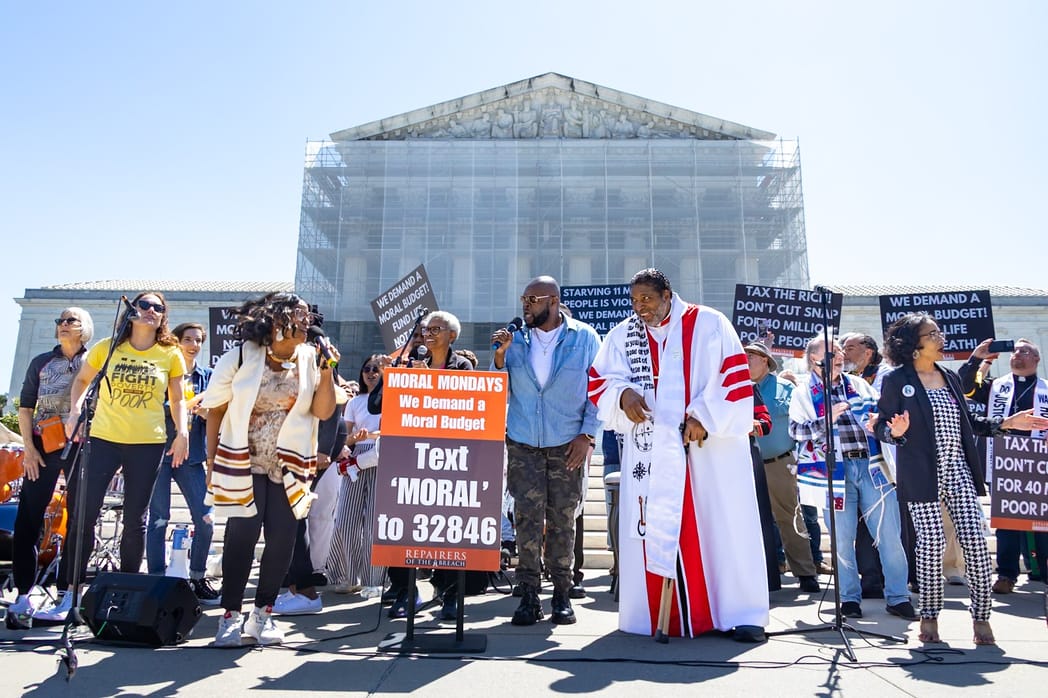
During Monday’s demonstration at the U.S. Capitol, a quadriplegic man shared his story through a speech device. Barber recalled that the man expressed he “wouldn’t be alive without Medicaid.”
Another woman shared a story about her daughter having a rare disease that required her to purchase a formula that cost $1,500 a month. “If it wasn’t for medication. Her daughter would be dead,” said Barber, who said, given the amount of cuts outlined in the budget, lawmakers will likely have to consider cuts to Social Security.
“There’s no way, mathematically, you can cut two and a half trillion dollars on the budget and not affect Social Security and Medicaid,” he argued.
As advocates fight on behalf of working-class and poor Americans who stand to suffer from the budget bill, critics also point to the fact that Trump and his family business have earned hundreds of millions of dollars since taking office. Last week, he hosted a dinner for crypto investors who spent at least $148 million on Trump’s personal memecoin.
“We’re not going to stand around and just let our democracy die and be disrupted while the president is making millions and we are here suffering,” said Barber.
The activist recalled the words of civil rights leader and founder of the Poor People’s Campaign, Dr. Martin Luther King Jr., who, in 1965, warned about the greed of the American wealthy.
“Dr. King said the greatest fear of the greedy oligarchs in the country would be for the masses of Black people, for white people, labor and others to come together and form a voting bloc that could fundamentally shift the economic architecture [of the country],” said Barber. “I believe that this pain, while bad, cynical, and deadly, is also waking people up.”


